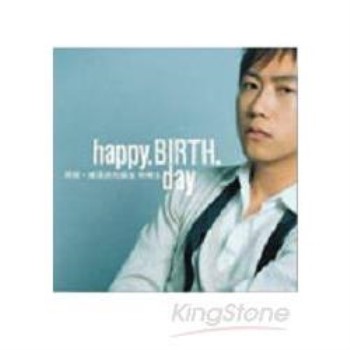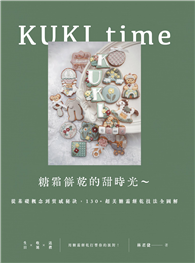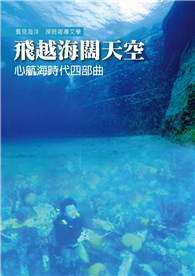Strangers and Kin is the history of adoption, a quintessentially American institution in its buoyant optimism, generous spirit, and confidence in social engineering. An adoptive mother herself, Barbara Melosh tells the story of how married couples without children sought to care for and nurture other people's children as their own. It says much about the American experience of family across the twentieth century and our shifting notions of kinship and assimilation. Above all, it speaks of real people striving to make families out of strangers.
In the early twentieth century, childless adults confronted orphanages reluctant to entrust their wards to the kindness of strangers. By the 1930s, however, the recently formed profession of social work claimed a new expertise--the science and art of child placement--and adoption became codified in law. It flourished in the United States, reflecting our ethnic diversity, pluralist ideals, and pragmatic approach to family. Then, in the 1960s, as the sexual revolution reshaped marriage, motherhood, and women's work, adoption became a less attractive option and the number of adoptive families precipitously declined. Taking this history into the early twenty-first century, Melosh offers unflinching insight to the contemporary debates that swirl around adoption: the challenges to adoption secrecy; the ethics and geopolitics of international adoption; and the conflicts over transracial adoption.
This gripping history is told through poignant stories of individuals, garnered from case records long inaccessible to others, and captures the profound losses and joys that make adoption a lifelong process.












